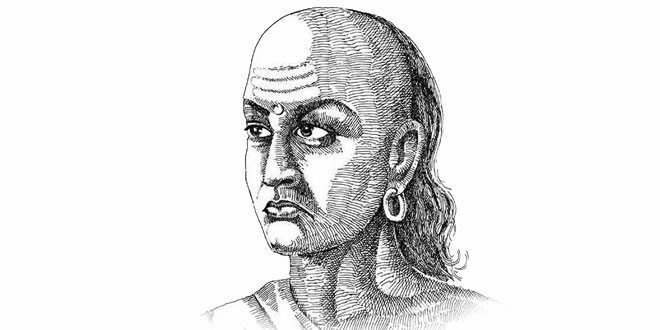Question: What was Dhamma?
Answer: Dhamma is the Prakrit word for the Sanskrit term ‘Dharma’, which means religious duty. Dhamma was a code of conduct and morals inspired by the teachings of the Buddha.
Question: What do you know about the central administration of the Mauryas?
Answer:
- The king was the supreme authority.
- He took all the important decisions concerning the empire.
- He was assisted by a council of ministers. They acted as the king’s adviser.
Question: Why was the Kalinga war a turning point in the life of Ashoka?
Answer:
- The war with Kalinga was a turning point in the life of Ashoka because the death destruction and suffering that the saw in the war made him very sad.
- He realized the futility of fighting a war and vowed not to fight any more wars. He devoted the rest of his life to serve his people.
Question: What were the welfare measures adopted by Ashoka?
Answer:
- Ashoka built good roods and planted trees on both sides of the reads.
- He constructed rest houses where travelers could rest.
- A large number of will were dug.
- Ashoka built many hospitals both for people and animals.
- He regularly went of on tours and tried to solve the problems of his subjects.
- He did his best to ensure that the people of his empire were happy.
Question: Write the steps taken by Ashoka to spread Dhamma.
Answer:
- He followed the principles of Dhamma in his daily life.
- Ashoka issued edits which contained the principles of dhamma. His 14 rock edicts and seven pillars edicts, besides many minor edicts, describe the reform he carried out the moral principles he encouraged.
- Ashoka appointed officials called dharma ‘mahamatras’ to spread dhamma.
 Class Notes NCERT Solutions for CBSE Students
Class Notes NCERT Solutions for CBSE Students


